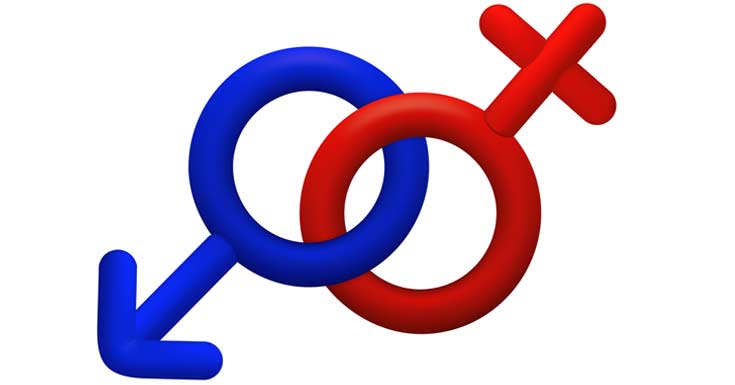By Akanimo Sampson
Donor countries have pledged around $1.00 billion in support of sexual and reproductive health and gender equality programmes, just as private sector firms agreed to mobilise a combined $8.00 billion.
The Nairobi Summit on International Conference on Population and Development (ICPD25) wrapped up last week with more than 1,200 concrete commitments to help ensure sexual and reproductive health and rights for all by 2030.
But, the pledges made were much more than financial. Organisations, governments, and businesses also put forward bold, visionary plans to spark change and meet unmet needs.
For instance, Kenya, the host country and co-convenor of the Summit, pushed forward its deadline to end female genital mutilation, now calling to end the practice by 2022, eight years earlier than its previous target.
The Summit opened with a look back at all that had been achieved since the original International Conference on Population and Development (ICPD), held in Cairo in 1994. The world has lowered maternal mortality and advanced gender equality – but not nearly enough, the event’s more than 9,500 attendees reflected.
As the Summit closed, participants looked ahead towards the necessary next step: making sure that partners make good on their commitments.
“It was only a start”, Josephine Kibaru-Mbae, Director-General of the Kenya National Council for Population and Development, said of the Summit. ‘’We leave Nairobi with a clear roadmap of actions we must all take to advance the ICPD agenda and transform the world for women and girls.’’
For many, that roadmap is the Nairobi Statement.
Unveiled just before the Summit, the Nairobi Statement offers a forward-looking framework for meeting the sexual and reproductive health needs of women, young people and marginalized groups. It formulated following six months of global consultations and offers a set of 12 core commitments as a basis for partners to model their own commitments around.
The statement calls for achieving “three zeros” – zero maternal deaths, zero unmet need for family planning and zero gender-based violence and harmful practices against women and girls – by 2030, the deadline for achieving the Sustainable Development Goals (SDGs).
‘’Such a world is within our reach, if we all fully deliver the promise we made in Cairo,’’ South African State Minister Jackson Mthembu, said in a statement endorsing the Nairobi Statement on behalf of 55 countries. “We had great belief in the consensus we achieved then.”

